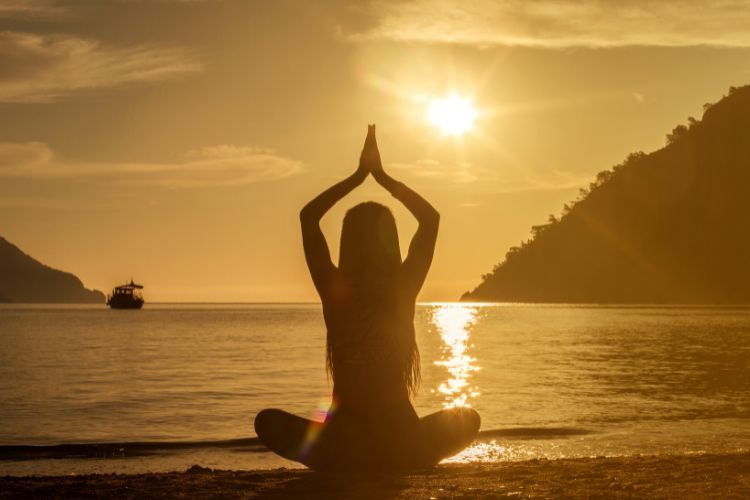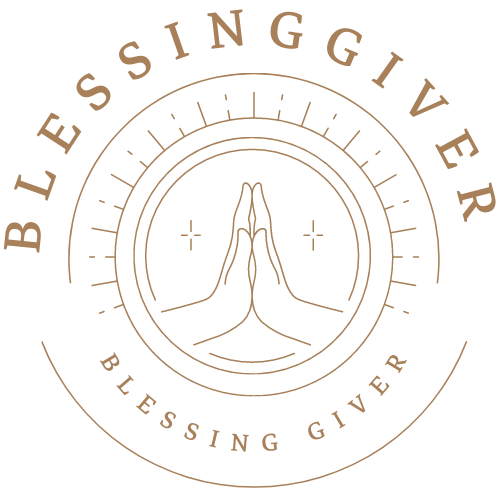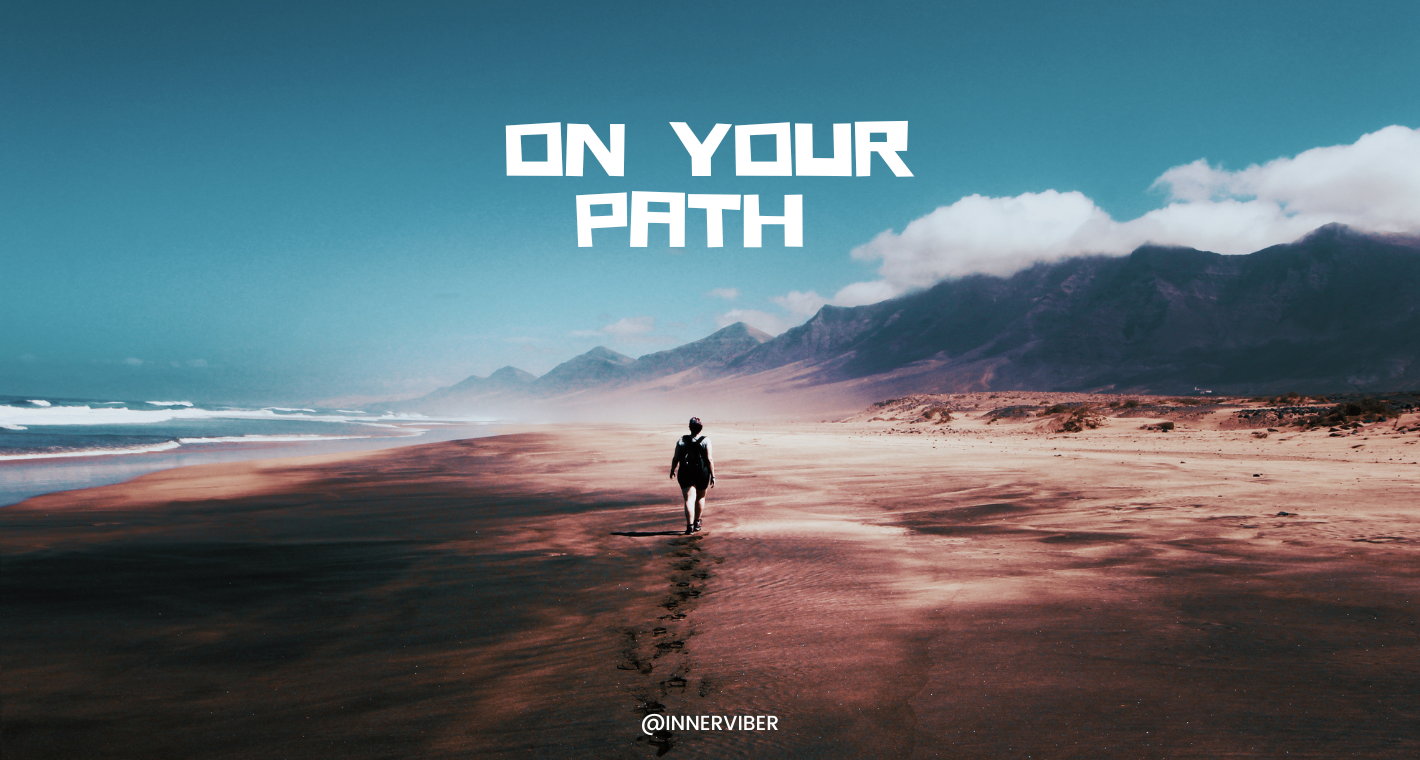Table of Contents
Introduction
Definition of Meditation and Mindfulness
Meditation and mindfulness are powerful practices that cultivate presence, awareness, and inner harmony. While meditation often involves dedicated time for stillness and reflection, mindfulness is the practice of being fully engaged in the present moment, regardless of the activity.

Connection to Balanced Life
Both meditation and mindfulness contribute to a balanced life by fostering mental clarity, emotional stability, and physical well-being. They guide individuals in navigating life’s challenges with grace and wisdom, promoting a sense of fulfillment and contentment.
Scope and Purpose of the Blog
This blog will explore “Meditation and Mindfulness: Why Are They Vital for a Balanced Life?” by examining different aspects of meditation and mindfulness, their benefits, cultural perspectives, and practical applications. It aligns with the Spirituality collection, offering insights into these transformative practices and their relevance in modern life.
Understanding Meditation
Types of Meditation
Meditation comes in various forms, each offering unique benefits and experiences.
- Transcendental Meditation: Focuses on a mantra to quiet the mind.
- Zen Meditation: Emphasizes sitting in awareness and observing thoughts.
- Guided Meditation: Utilizes guided imagery and prompts to induce relaxation.
Benefits for Body and Mind
Meditation offers a myriad of benefits for both body and mind:
- Physical Benefits: Improved sleep, reduced stress, enhanced immunity.
- Mental Benefits: Increased focus, emotional stability, mental clarity.
How to Begin a Meditation Practice
Starting a meditation practice is accessible to everyone:
- Finding a Quiet Space: Creating a peaceful environment.
- Choosing a Technique: Selecting a meditation style that resonates with you.
- Regular Practice: Cultivating consistency for lasting benefits.
Integrating Meditation into Daily Life
Meditation can be integrated into daily life through mindful pauses, breath awareness, and mini-meditation sessions, enhancing overall well-being and balance.
Exploring Mindfulness
Mindfulness in Everyday Activities
Mindfulness can be practiced in everyday activities, such as eating, walking, or working. Being fully present in each task fosters joy and connection.
Mindfulness and Emotional Well-being
Mindfulness supports emotional well-being by promoting self-awareness, emotional regulation, and empathy. It allows for an authentic and compassionate engagement with oneself and others.
Tools and Techniques for Mindfulness Practice
Various tools and techniques can enhance mindfulness practice:
- Mindful Breathing: Focusing on the breath as an anchor.
- Body Scan: Paying attention to physical sensations.
- Mindful Journaling: Reflecting on experiences and insights.
Mindfulness in Relationships
Mindfulness enriches relationships by fostering genuine communication, active listening, and empathy. It creates a foundation for meaningful connections and mutual respect.
Meditation and Mindfulness in Various Cultures
Eastern Traditions
In Eastern traditions, meditation and mindfulness have profound spiritual roots. Practices such as Zen, Vipassana, and Yoga emphasize inner harmony, self-realization, and compassionate living. They are essential components of spiritual development and daily life.
Western Approaches
In Western cultures, meditation and mindfulness have been embraced for their therapeutic benefits. Applications in healthcare, education, and corporate settings focus on stress reduction, mental health, and personal growth. Techniques such as Mindfulness-Based Stress Reduction (MBSR) have gained popularity.
Universal Applications
Meditation and mindfulness transcend cultural boundaries, resonating with universal human experiences. They foster inner peace, empathy, and wisdom, contributing to a more compassionate and harmonious global community.
Conclusion
Summary of Meditation and Mindfulness’ Impact on Balance
“Meditation and Mindfulness: Why Are They Vital for a Balanced Life?” explores the multifaceted nature of these practices and their positive impact on physical, emotional, and spiritual well-being. From various meditation techniques to everyday mindfulness applications, these practices offer a holistic approach to balance and fulfillment.
Reflection on Personal Growth and Harmony
Reflecting on the insights shared, we recognize the transformative power of meditation and mindfulness. They guide us in cultivating inner calm, resilience, and harmony, enriching our lives and relationships.
Encouragement for Exploration and Practice
Whether a seasoned practitioner or a curious beginner, the world of meditation and mindfulness beckons with open arms. May this exploration inspire you to embark on your journey of self-discovery, mindfulness, and inner transformation, nurturing a balanced and vibrant life.


